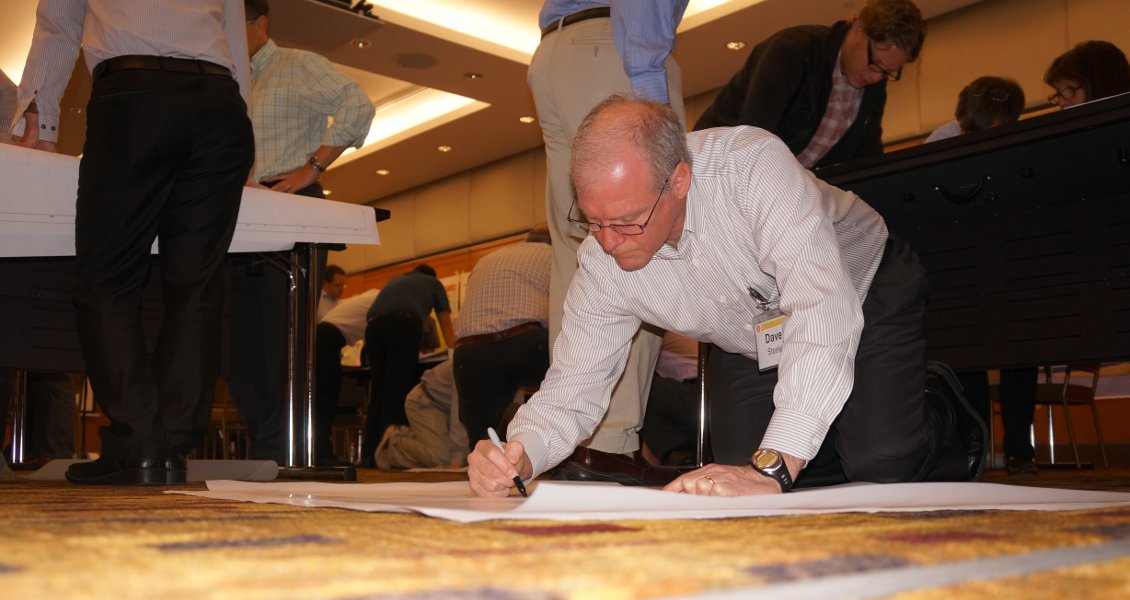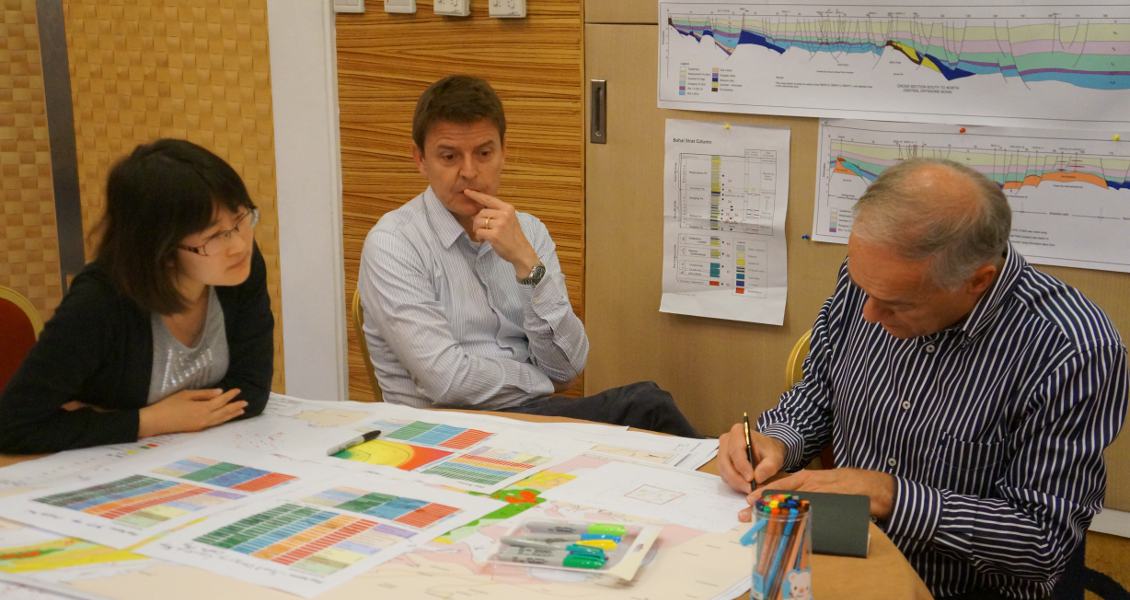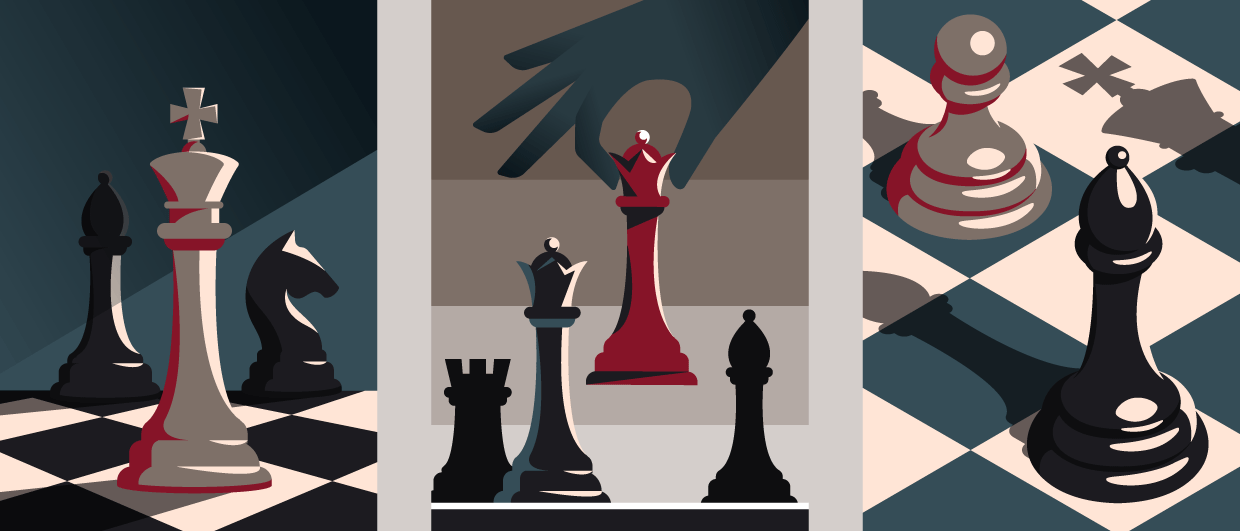The concept of a RON workshop originated in late 2011 with the recognition of the importance of Shell’s existing ‘heartlands’ in exploration delivery. These are countries or basins where the company has invested for many decades, established a strong and viable business with host governments and has a thorough geological knowledge of the sub-surface.
“Our belief in rejuvenating our heartlands is premised on the fact that the rich petroleum systems associated with our traditional areas, such as Oman, Malaysia and the North Sea, will continue to deliver new exploration discoveries. The limiting factor can be the need for an injection of new ideas and creative technical thinking rather than an absence of remaining potential,” Ceri continued.
“It is clear that technology is key but it needs to be matched by innovative thinking – creativity, ingenuity and perseverance – and this is obviously about people and their geoscience capability.”
Many Years of Diverse Experience
A RON brings together a diverse group of between 20 and 40 exploration-minded people with a mix of experience, from those working the basin today, to others from five, 20 and, in one case, more than 50 years ago. They all leverage their combined experience in diverse petroleum systems to generate new insights into the basin, identify additional opportunities within known or potential new plays and help to develop and prioritise forward plans to mature the opportunities. Participants comprise geoscientists with current knowledge of the basin or basins being worked, legacy knowledge holders, functional expertise holders and invitees with an external perspective.
“So, imagine having up to 500 years of exploration experience gathered together in one room – with no computers! Instead, old-school tools – paper logs and ‘mylar’ – bring fresh challenges to dogmas and other biases that potentially hold back new thinking on known plays. Discussion, agreements and sometimes heated debate, all leaving the asset owners with a rejuvenated portfolio of concepts to turn into drill-worthy prospects,” Powell said.
The RON Facilitator
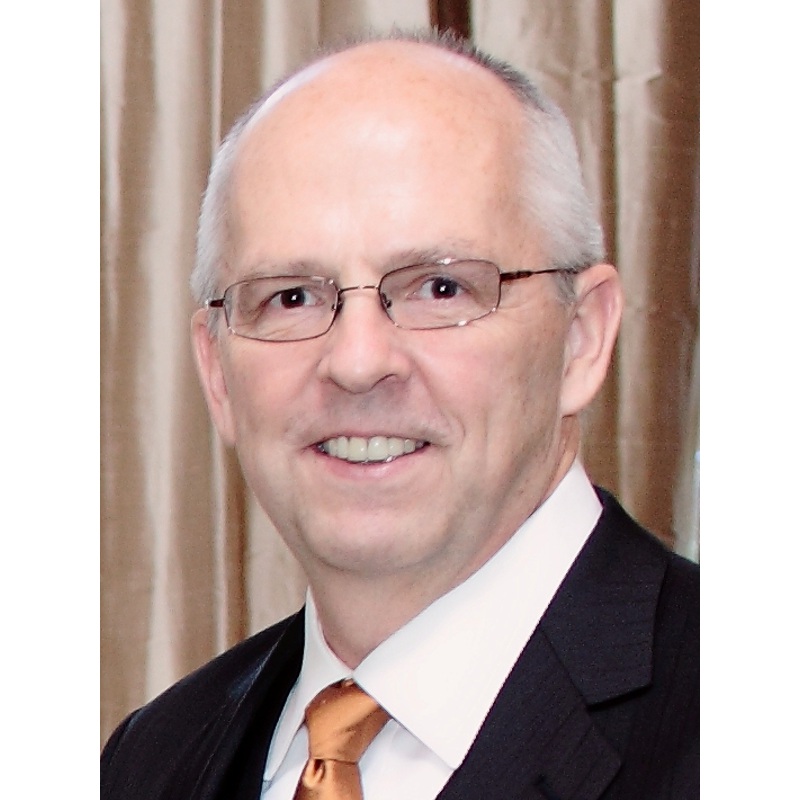
Michael Foley has led the RON initiative since 2012.
“Since the inception of the RON approach to heartland rejuvenation we have benefitted greatly from the revitalisation of knowledge within current asset teams. Participants brainstorm new idea around plays and opportunities, with results ranked by technical attractiveness and ‘doability’, and follow-up plans are developed for further maturation by the team,” says Foley.
“I very much enjoy working with asset teams to understand their objectives up front, help to design the workshop to meet those objectives and contribute to executing the RON to deliver them. My role during the workshop is primarily as a technical facilitator, but I do spend time working the geology, using my more than 32 years in the business, with the teams during the workshop and during the follow-up, when required,” says Foley.
The RON Veteran
Professor John Underhill is the Shell Chair of Exploration Geoscience at Heriot-Watt University in Scotland and has been involved in four RONs so far.
“The first event that I took part in was the Central North Sea Rejuvenation Opportunity Workshop, which was held in Aberdeen, UK, in 2011. It involved a review of Shell’s position in the Central North Sea. My role was to provide independent technical assurance to the process. My sense from speaking to many employees in attendance was that it was initially treated with some scepticism. However, the proof was in the positive outcomes. The event led to Shell applying for and being awarded licences in the subsequent licensing round, the first proactive bidding in the basin by the company in a decade. In November, Shell was awarded seven blocks in the Northern North Sea; this successful outcome was based on a RON conducted exactly a year ago.
“The second RON that I participated in took place in 2013 in Muscat, Oman and focused on identifying further exploration opportunities in existing play fairways in Petroleum Development Oman’s acreage – the portfolio ‘running room’ as we call it – as well as completely new innovative play concepts which I typically refer to as ‘blue sky exploration’. The event involved a balance between existing Oman-based staff and the wise heads of yesteryears, essentially people who have worked the basin previously from decades past and who returned to an old stomping ground. This proved to be a good challenge,” said Underhill.
A key element stressed by Professor Underhill was the crossborder collaboration in the RON, which was a common theme across all the workshops. He referred to this as ‘geology without borders’, branded by him on his third RON, in Stavanger, Norway, which brought together the UK and Norwegian North Sea teams for a connected view of North Sea geology.
An Exploration Manager’s Perspective
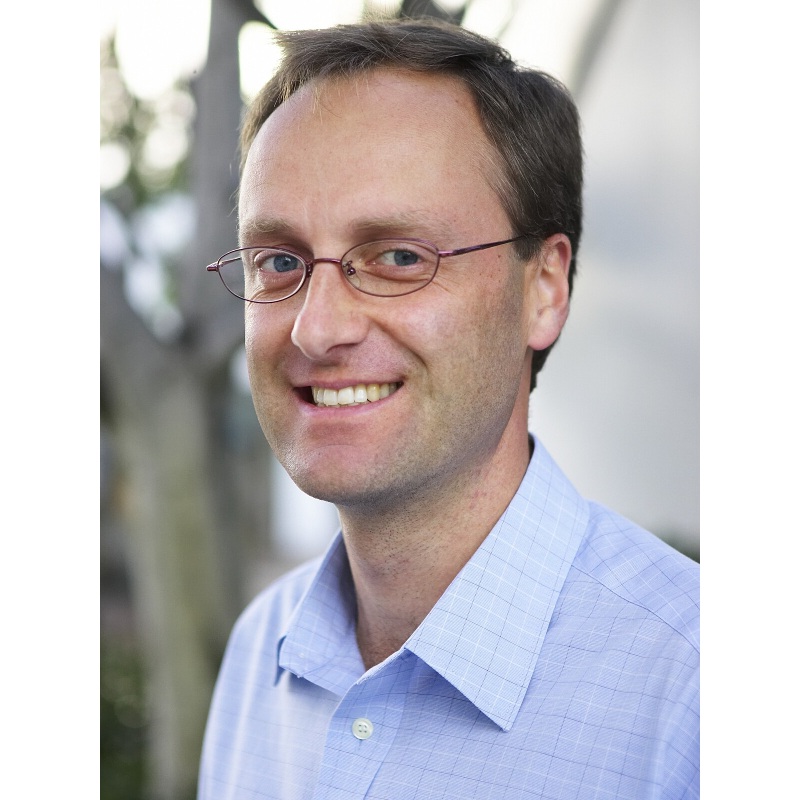
Exploration Manager in Malaysia, Mark Harvey, who has participated in RON workshops both in New Zealand and Malaysia, is enthusiastic about the real results he sees.
“The RON format is good because it makes people feel uncomfortable not knowing where the end may be, by starting from a bottom-up geological build and with no clear structure, yet leading to a deliverable at the end of day three. The RON involves geological experts, both past and present, thinking broadly to help the business deliver a work plan focused on the geology with the best play potential. The workshop therefore ensured a grounding in geological play-based exploration work, enabling delivery of high quality play maps to help define where we want to be in this basin and why. In Malaysia, we can see the results helping to provide focus on where we think the business should be in Sabah and Sarawak,” says Harvey.
The RON for a Young Explorer
For Shell employee Ma Jing the experience of attending a RON was interesting in many ways, starting from preparing and participating and going forward to further action. She joined Shell two and a half years ago as an Exploration Geophysicist. Before that, she had been working for another IOC on the North China offshore basin for six years.
“It was a full three-day workshop aiming to arrive at a technical recommendation. Before that, our team spent about two months preparing the materials and documents used for the workshop, a large part of which was focused on de-archiving legacy data, digitising the maps and digesting the last two years of published papers, and books and play summaries,” said Ma Jing.
“This is the first time I have been involved in such a big geology and geophysics event, able to work closely with so many experts with the same goal at the same time,” she continued. “A big take-away for me was the ‘ideas funnel’ for further study. Essentially, this is set up during the three days and is a collection of good suggestions and technical recommendations: from conceptual ideas to ones supported by data and observations. I think participating in such a workshop is invaluable, especially for young explorers, as it allows you to learn from the experts and deepen your knowledge in the area.”
Yielding Results
To date, eleven Shell Exploration RONs have been held around the world. They continue to yield results, directly contributing to improved technical assessments of targeted plays, supporting prioritisation and resourcing decisions for opportunities within a basin and providing a strong technical background that underpins decisions to enter, and in a few cases to exit, specific plays or basins.
“Generations of geoscientists, doing what they love best, and directly impacting the future of Shell Exploration. It doesn’t get much more impactful than that!” summarises Ceri Powell.


